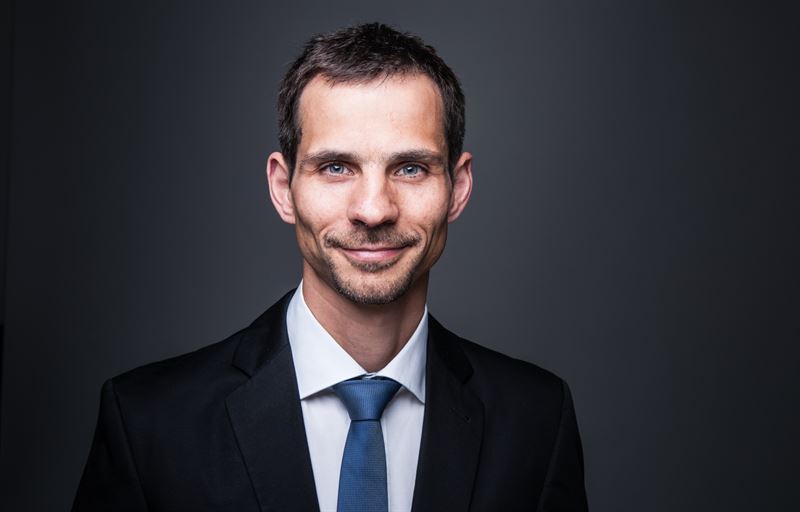What is special about Realheart's artificial heart is that it mimics the functions of the natural heart with the aim to reduce the risk of side effects. Similar to the human heart, the Realheart TAH adjusts – amongst other parameters – the heart rate and stroke volume according to the body's needs, and to achieve this flexibility it is necessary to identify the optimal settings for the control unit.
This is the purpose of the computer simulation model being built by Joseph Bornoff. It allows a very wide range of operating conditions to be examined to find the pump settings that provide the best energy efficiency and blood handling, and then use this information to program the software. Examining the same amount of operating conditions in laboratory tests would take an extremely long time and cost a lot of money, thus computer simulation saves both time and money.
‘’This computer simulation is very sophisticated because it involves a valve that not only opens and closes, but also moves, and has to be modelled in relation to another valve. What Joseph is doing is really at the forefront of simulation research and is both important to us and extremely exciting to partake in," says Realheart CEO Ina Laura Perkins.
It was at the European Society of Biomechanics in Milan in July that Joseph Bornoff gave his presentation and it is now available here: https://www.youtube.com/watch?v=pqgrOKVYbi4

